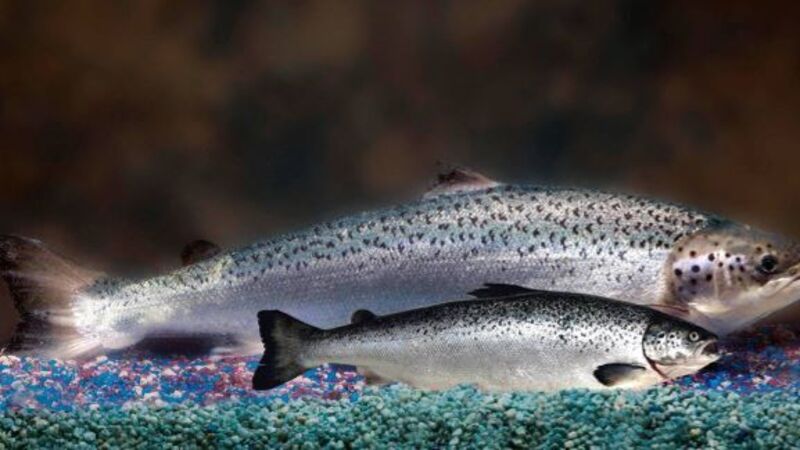Genetically modified salmon developed by US company

So can you imagine the reaction in this country if genetically modified salmon were to be developed here?
The world’s first genetically modified food animal, a salmon that grows exponentially faster than a typical farmed salmon, has been developed by a US company 1,500 metres above sea level in a rainforest in the Panamanian province of Chiriqui.













